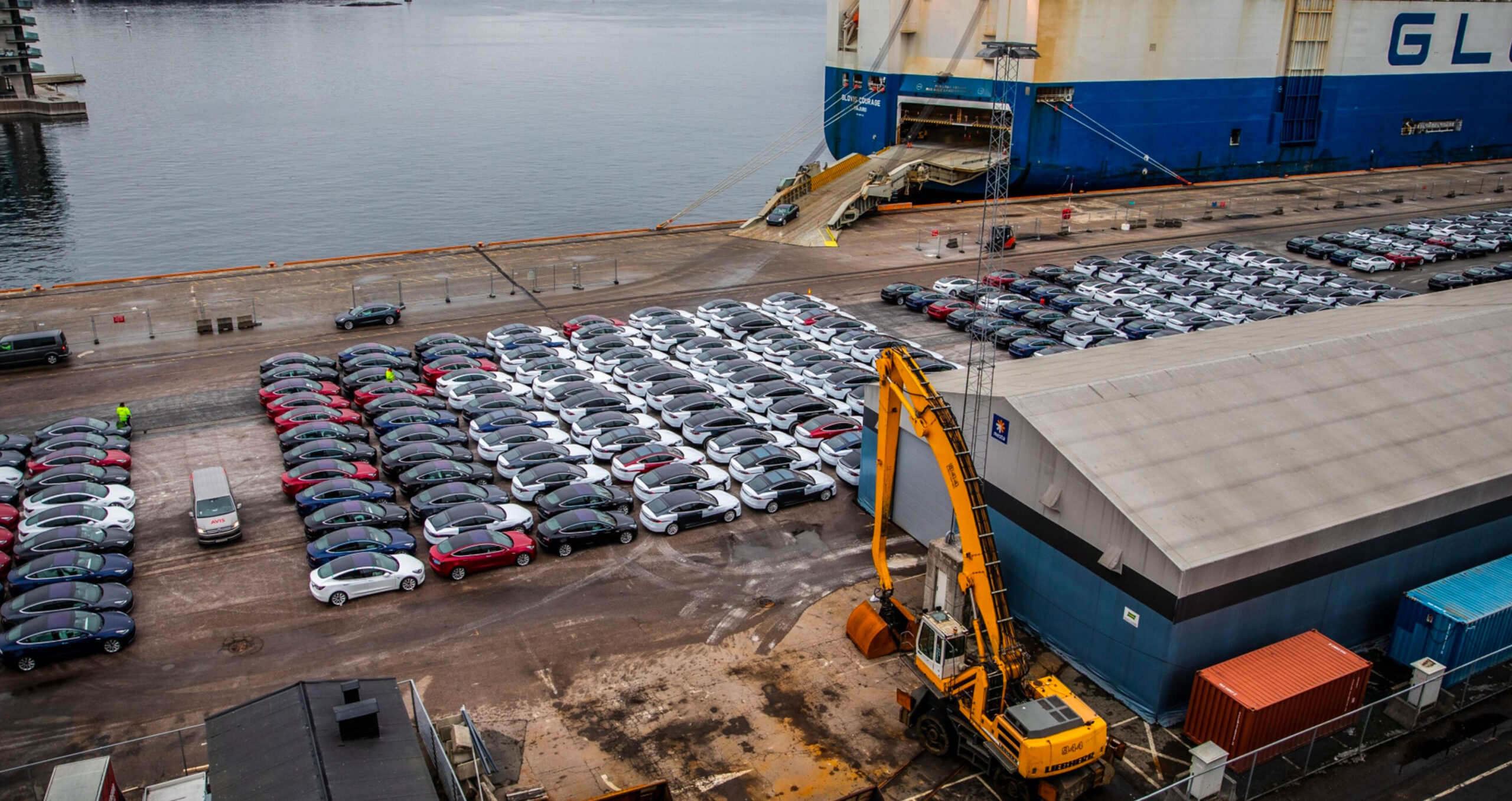
Campaigners urge CEOs of 30 major insurers to tighten fossil fuel policies

The chief executives of Zurich, Munich Re and other insurance groups should close “numerous loopholes in policies and standards” that allow the continuous underwriting of fossil fuel expansion, say campaigners.
The Insure Our Future network published an open letter in March to the chief executives of insurance and reinsurance companies asking to stop supporting coal, oil and gas expansion, while, separately, Munich Re left the Net-Zero Insurance Alliance citing “antitrust risks”.
“Overall the [insurance] industry has failed to align its business with the scientific consensus on what is required to limit global warming to 1.5C,” the letter read.
The letter follows previous years in which the Insure Our Future campaign has called on insurance companies leaders. This year it has reiterated its demand that insurers “phase out all insurance services” and “immediately divest all assets” from fossil fuel companies, including assets managed for third parties, which do not have a “credible 1.5C pathway”.
The campaign group also alleged that in spite of certain commitments, “numerous loopholes in policies and standards allow insurers to continue underwriting the expansion of fossil fuel production”. Namely, certain policies restrict cover for exploration but not for expanded production of pre-existing projects, according to the letter. Similarly, other policies restrict insurance for upstream but not midstream or downstream.
“Most policies don’t phase out support for ongoing fossil fuel production in line with a credible 1.5C pathway,” it said.
Targeted insurance and reinsurance companies include: AIG, Allianz, Axa, Chubb, Generali, Liberty Mutual, Lloyd’s of London, Munich Re, Scor, Sinosure, Sompo, Tokio Marine and Zurich.
German reinsurer Munich Re has said that as of April 1 2023, it will no longer invest in or insure contracts or projects exclusively covering the planning, financing, construction or operation of new oil and gas fields, new midstream infrastructure related to oil, or new oil-fired power plants.
Munich Re leaves NZIA
Separately, Munich Re, the world’s biggest reinsurance company, has pulled out from the Net-Zero Insurance Alliance, claiming that it was leaving itself open to “antitrust risks”.
The NZIA is a group of leading insurers and reinsurers that has adopted a protocol for setting targets to reduce their insured emissions in line with their net zero commitments.
Regarding its decision on March 31 to leave the NZIA, a Munich Re spokesperson told Sustainable Views that “we understand that the announcement to discontinue the NZIA membership might seem unexpected”, but they maintained its decision.
“In our view, Munich Re’s opportunities to pursue decarbonisation goals in a collective approach among insurers worldwide without exposing ourselves to material antitrust risks are so limited that it is more effective to pursue our climate ambition to reduce global warming [individually],” the spokesperson continued. They did not explain further what these “material antitrust risks” were.
Insure Our Future co-ordinator Peter Bosshard told Sustainable Views: “This year, it’s been exactly 50 years since Munich Re has first warned about the growing risks of climate change.”
But he added that “to align with a credible 1.5C pathway, Munich Re still needs to rule out support for new gas pipelines, terminals and power stations, which lock in growing fossil fuel production for decades to come, and to adopt a rigorous climate policy for its treaty business”.
According to its sixth annual scorecard on insurance, fossil fuels and the climate emergency last year, Scor ranked the highest for its overall fossil fuel divestment policy, followed by Axa and Generali. Munich Re ranked 10th by the same metric.
Similar Articles

Banks under pressure to reveal data comparing green and fossil fuel spending

With better planning and investment, EV uptake could offer storage and grid flexibility


